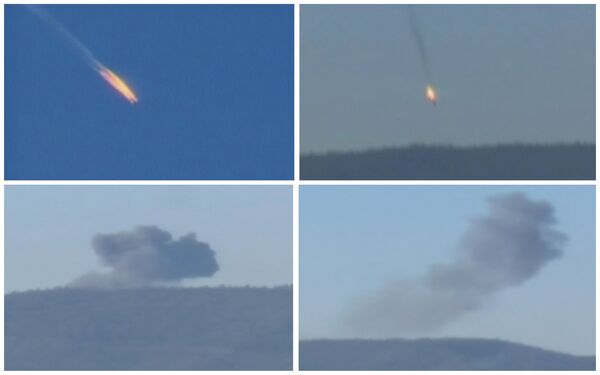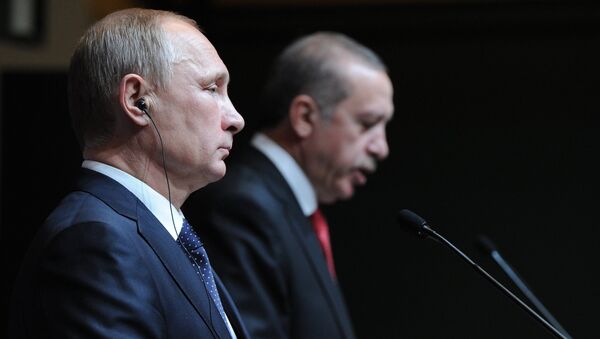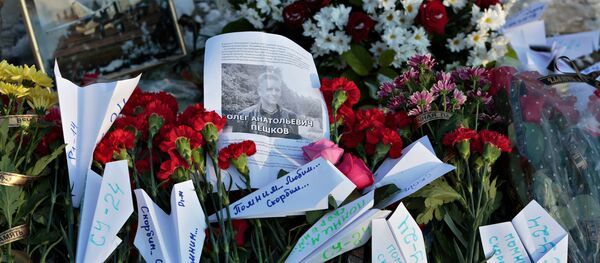The first signal came earlier this week when President Recep Tayyip Erdogan made an indirect appeal to Russian authorities while on a visit to Washington D.C. "Sadly, we are going through a rough patch in relations with Moscow following November 24," he said, referring to the day when the Turkish Air Force shot down a Russian Su-24 bomber, citing airspace violations. The plane, Russian officials and the copilot said, did not cross over into Turkey.
"Despite Moscow's strong response [to the incident], which is hard for us to understand, regional challenges force us to resume cooperation [between the two countries], since Russia and Turkey are important nations in our geography," Erdogan added, expressing hope that Turkey's "Russian partners will understand this" and acknowledge the urgency of the challenges.
Celik, a Turkish national, was arrested in the town of Izmir along with 13 other people. He is said to have been charged with crimes unrelated to the Su-24 downing. The rebel is suspected of having misappropriated funds gathered as aid for Syrian Turkmens, as well as distributing counterfeit money and helping organize a prison breakout, the Dogan News Agency reported, citing an unnamed law enforcement source.
Alparslan Celik, Commander who was accused of killing the Russian pilot is detained on prior charges in Izmir. pic.twitter.com/PclR3MQjly
— JitemEng (@JitemEng) 1 апреля 2016 г.
Detained Alparslan Çelik, the alleged killer of parachuted #Russia pilot, did not respond to a question whether he killed the pilot. #Turkey
— Abdullah Bozkurt (@abdbozkurt) 3 апреля 2016 г.
"If Turkish authorities do not let [Celik] go in a couple of days, then they will make a step to meet Russia's request. This will be a positive sign. But this is unlikely to significantly improve bilateral relations," political analyst Hakan Aksay told RIA Novosti.
Earlier, Russian authorities said that they expect Turkey to punish those responsible for the Su-24 downing, issue a formal apology and offer compensation for damages.

Turkish authorities have "so far adamantly refused to understand Russia," the analyst explained. "They think that in time everything will go back to normal. In the meantime, Russian leadership is making it clear that the crisis will not be over until Ankara admits its responsibility for the incident."
Russia's former ambassador to Turkey Peter Stegny, according to Gazeta.ru, also called Celik's arrest a "step in the right direction," but warned against jumping to conclusions.
Gulf-based analyst Dr. Theodore Karasik echoed the sentiment, saying that "too many bad things have happened between Turkey and Russia." It follows then that Celik's trial will not be able "to affect Turkey's other policies when it comes to the Syrian conflict.



